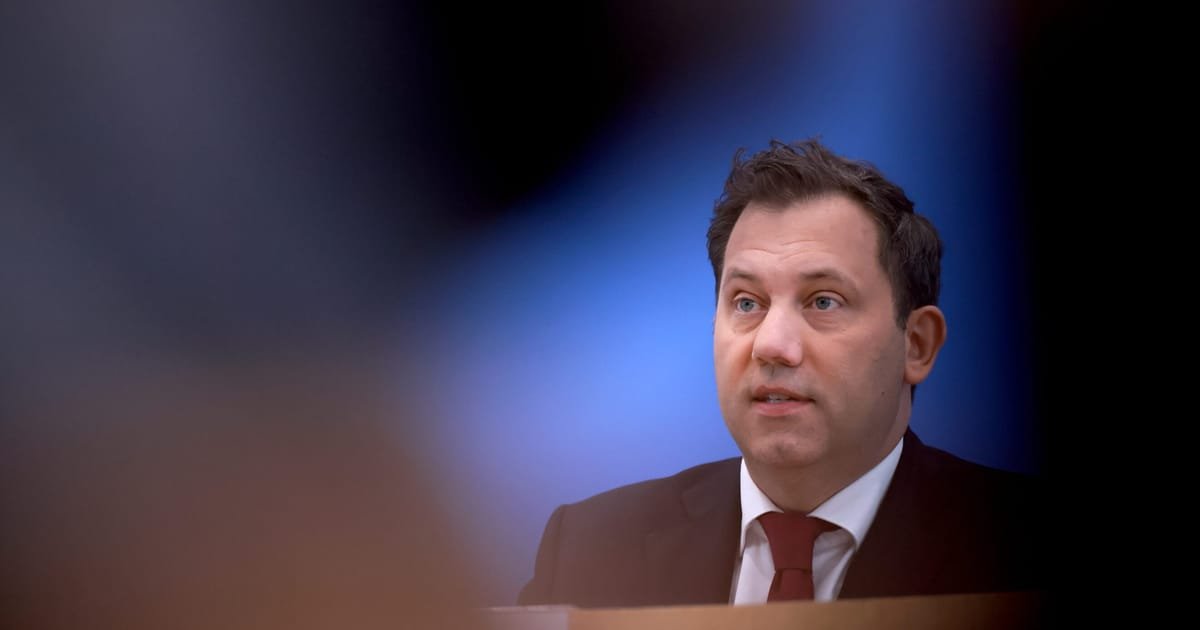The scale of Germany’s ambitions to radically expand defense and infrastructure spending have raised thorny questions about how such spending can be reconciled with EU fiscal rules that Germany — previously a fiscal hawk — had long pushed for. Since March, however, Germany has led a concerted pushed for a loosening of those rules to allow for vastly greater defense spending.
Klingbeil argued that the EU’s largest economy, with its relatively low debt load, has the financial leeway to greatly increase spending after many years of fiscal restraint.
“We have a debt-to-GDP ratio of 63 percent in Germany, which is well below other countries such as France or the USA, some of which are at over 100 percent,” he said. “And I am firmly convinced of this: Now is the right time to invest in our country’s ability to defend itself, and to invest significantly.”
Klingbeil, a leader of the center-left Social Democratic Party, played a key role in negotiating a set of constitutional changes that passed through parliament in March before he became finance minister in the current government, led by conservative Chancellor Friedrich Merz. The reforms unlocked billions of spending for infrastructure and defense and turned Germany away from more than 15 years of self-imposed austerity since the country first introduced the debt brake in 2009, under then-Chancellor Angela Merkel.
The government is now set to take up record debt of around €850 billion through 2029 and increase its net borrowing to €82 billion in 2025. A big swath of that money is to be invested in the country’s military along with infrastructure spending for bridges, schools and the country’s railway system.
For 2025, Berlin has allocated €86 billion for defense, equal to 2.4 percent of gross domestic product. By 2029, annual defense expenditures are expected to reach €153 billion, or 3.5 percent of GDP — marking the country’s most ambitious rearmament effort since reunification. Aid for Ukraine is set for €8.3 billion.
The German parliament will consider the government’s draft 2025 budget in the next months and is expected to approve a final budget in September. The previous coalition government collapsed over continuous spending rifts, including the budget for 2025.
Giovanna Faggionato and Rasmus Buchsteiner contributed to this report.





